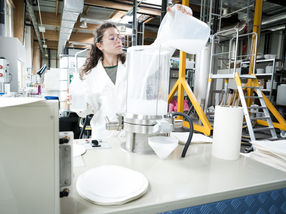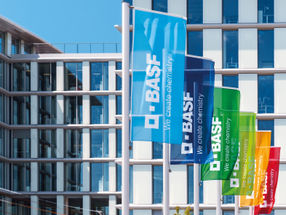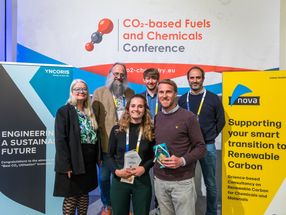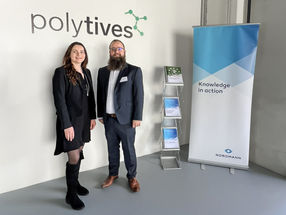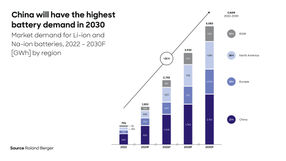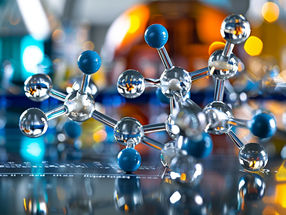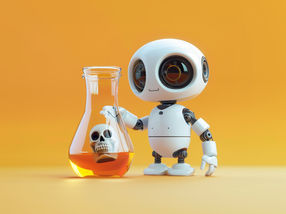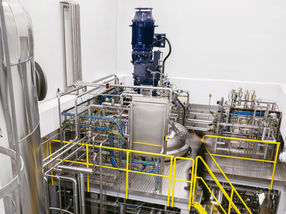Chemicals Feed Hopes and Fears
Covalence Chemical Industry Report 2007
14-Mar-2008
Without their products chemical companies would be praised as ethical leaders. Chemical products are a space for complex and emotional debates where it is hard to register reputation gains. Companies rather manage to do so at the levels of working conditions, impact of production and institutional impact, states a report published by Geneva-based ethical reputation research firm Covalence: Covalence Chemical Industry Report 2007.
The Chemical industry only comes out 9th out of 10 in Covalence's EthicalQuote ranking, ahead of Oil & gas. 2007 showed an improvement: chemicals ranked 8th, outperforming Oil & Gas and Pharmaceuticals. Despite this progress, the Chemical industry seems deeply embedded in the bottom of the cross-sector ranking, far from fast progressing sectors such as Automobiles, Technology Hardware and food & Beverage.
Why is it so difficult for Chemical companies to be perceived as ethical? Because of their products. GMO is the biggest issue within negative news. It is a focal point of criticisms geared towards the Chemical industry. Other product-related issues that have made the ethical reputation of chemical companies suffer in 2007 are: Agent Orange, Biofuel production, DBCP pesticide in Central America, Patent abuse / Evergreening, Atrazine (PFO, Tauccamarca 1999), crop protection (Atrazine, Paraquat), and Aspartame/nutrasweet risk. Pollution appears as the second most important issue within negative news.
While being intensively criticized, chemical products are also commented in favorable terms. This has been the case regarding: Olyset long lasting Insecticidal Net, Biopolymer, Propylene Glycol Renewable (PGR), GMO, Crop protection, responsible nanotechnology, and, in first place, Energy
(biofuel, hydrogen).
In times of high concerns regarding climate change, CO2 emissions and the need for more renewable energy, several chemical companies have managed to highlight their ecologically -friendly innovation efforts. DuPont has harvested numerous positive news with biofuel, and Air Products scored high with hydrogen technology. However, chemical companies active on biofuel face negative effects such as food shortage and price hike in developing countries and vulnerable communities.
Outside of products, chemical companies tend to show favorable ethical records. Among major positive issues registered in 2007 were: Climate change initiatives, CSR Commitment & Reporting, Health & Safety, CSR Awards & Rankings, Student grants, research & education, and water management.
In the end of 2007, BASF shows the best EthicalQuote score out of 18 Chemical companies, closely followed by DuPont, while Syngenta and Monsanto occupy the last positions. From January to December 2007, DuPont, BASF and Bayer show the best progression. Results expressing the Reported Performance (positive news only) place DuPont in first position, followed by Dow Chemicals, Bayer and BASF.
Most read news
Topics
DuPont
hydrogen
food
Covalence
climate change
chemicals
Bayer
BASF
gases
gas
water
Syngenta
nanotechnology
Monsanto
Dow Chemical
crop protection
Chemical Products
Air Products
education
Organizations
Covalence
Related link
Other news from the department business & finance

Get the chemical industry in your inbox
From now on, don't miss a thing: Our newsletter for the chemical industry, analytics, lab technology and process engineering brings you up to date every Tuesday and Thursday. The latest industry news, product highlights and innovations - compact and easy to understand in your inbox. Researched by us so you don't have to.



